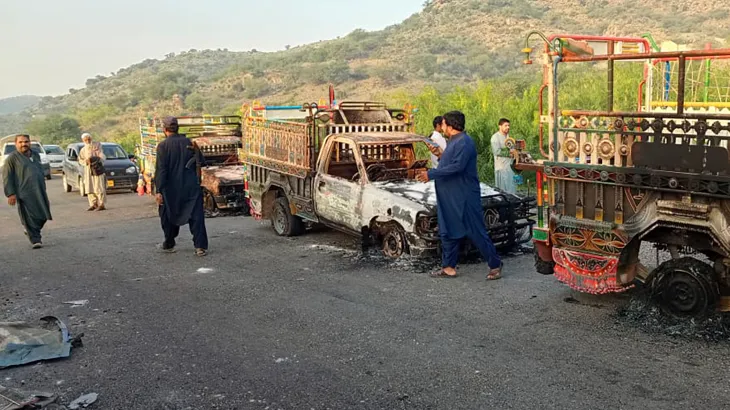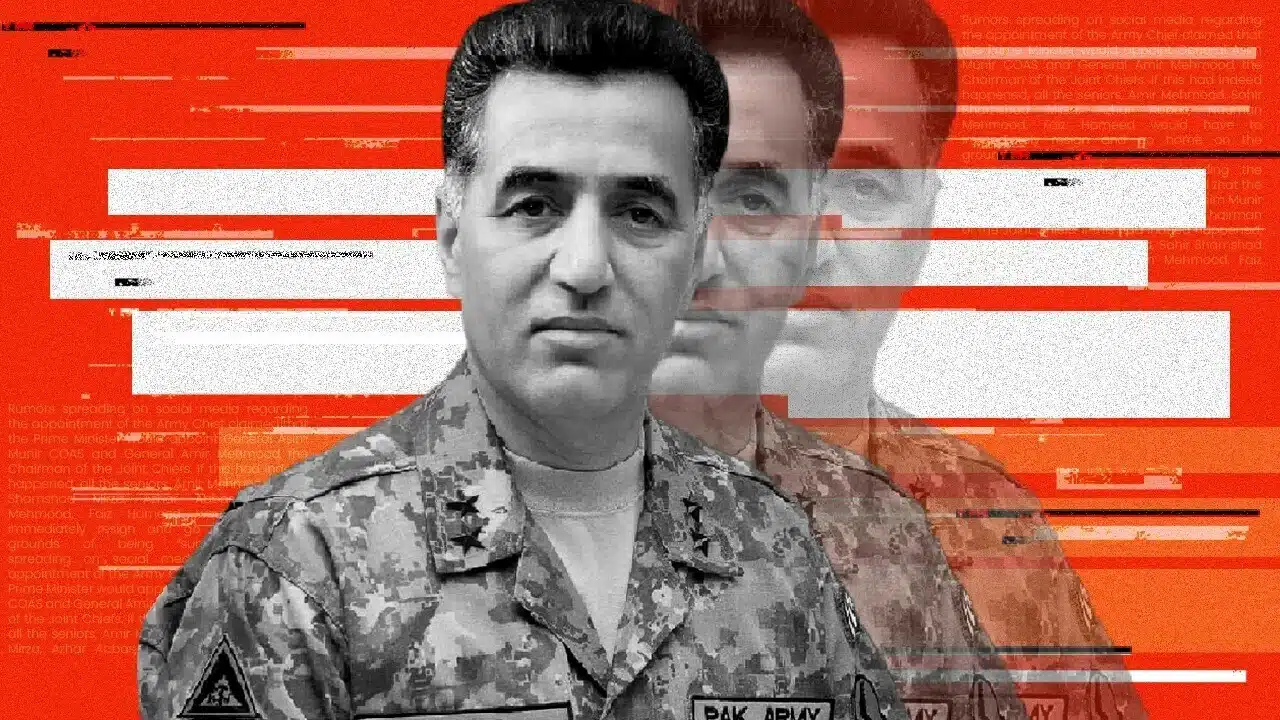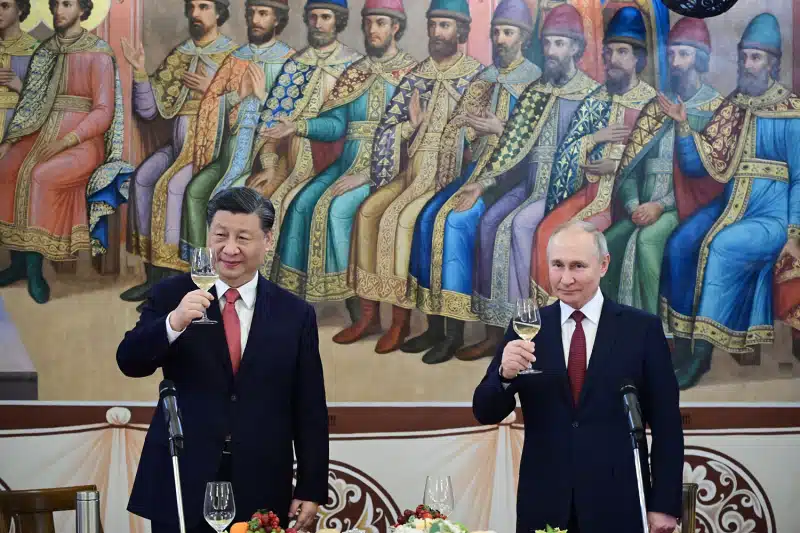
Women in India – Why the Law Alone Is Not Enough
As India’s independence month ends, the struggle for true freedom remains a distant dream for many women. Ongoing collective outrage grips the nation across Kolkata,

As India’s independence month ends, the struggle for true freedom remains a distant dream for many women. Ongoing collective outrage grips the nation across Kolkata,

Balochistan in limelight as BLA recent attacks heighten security concerns for the region and the China-Pakistan Economic Corridor (CPEC)
![Narcotics Trafficking The Golden Crescent's narcotics trafficking harms Pakistan, fueling terrorism, stalling economic growth, and eroding country's social fabric [Image via Pixabay].](https://southasiatimes.org/wp-content/uploads/2024/08/684307_0_98_1920_1178_1920x0_80_0_0_8b578c90206789cceadb994a04c397ff-1600x900.webp)
The Golden Crescent’s narcotics trafficking harms Pakistan, fueling terrorism, stalling economic growth, and eroding country’s social fabric.

India’s citizenship choices reveal a strategy beyond humanitarianism, reflecting geopolitical aims, regional influence, and domestic political goals.

Explore the roots of the ongoing crisis in Bangladesh, from historical political instability to economic challenges and strained relations.

Pakistan’s drug abuse epidemic requires a multifaceted approach, combining insights from trafficking, addiction science, and Islamic teachings

The court-martial of Lt Gen Faiz Hameed signals a potential shift in how accountability is enforced within Pakistan’s military.

How the BRICS and SCO are redefining global geopolitics and challenging NATO’s dominance? As these entities challenge the unipolar order dominated by NATO, they offer new models for international management and security.
![Jammu & Kashmir Jammu & Kashmir: The Neelam River flows between Pakistan and India administered Kashmir in Teetwal [Reuters].](https://southasiatimes.org/wp-content/uploads/2024/08/2022-08-12T101952Z_138878240_RC2WSV9LQZ6K_RTRMADP_3_INDIA-PAKISTAN-INDEPENDENCEDAY.webp)
As Pakistan celebrates Independence Day, it’s time to explore the contrasting realities within Jammu and Kashmir.
![Pakistan’s Investment Climate The formation of Pakistan's Special Investment Facilitation Council (SIFC) aimed to enhance and simplify the country's investment climate [Image via Bloomberg].](https://southasiatimes.org/wp-content/uploads/2024/08/387604833.webp)
The Special Investment Facilitation Council (SIFC) is a unified platform designed to enhance and simplify Pakistan’s investment climate.